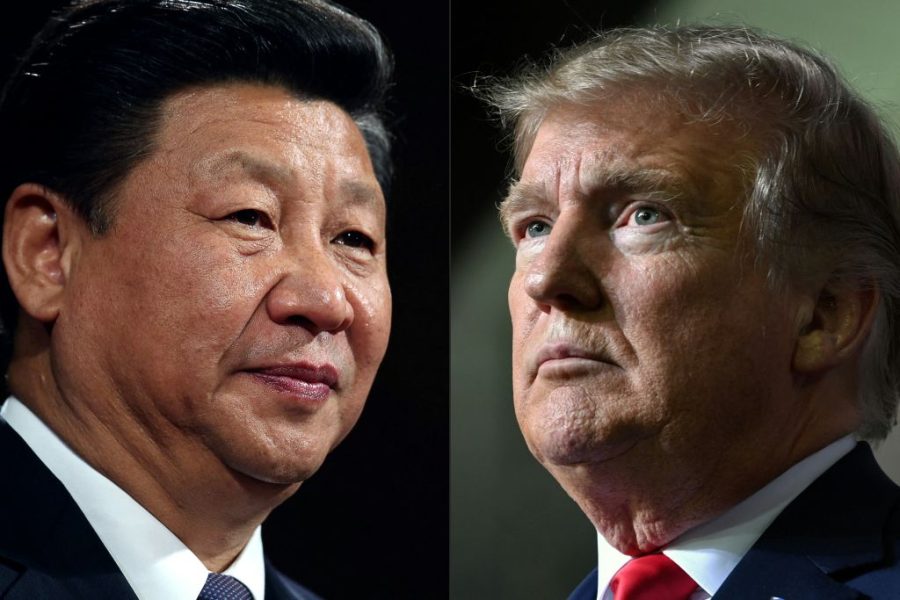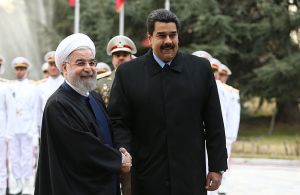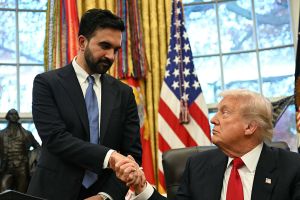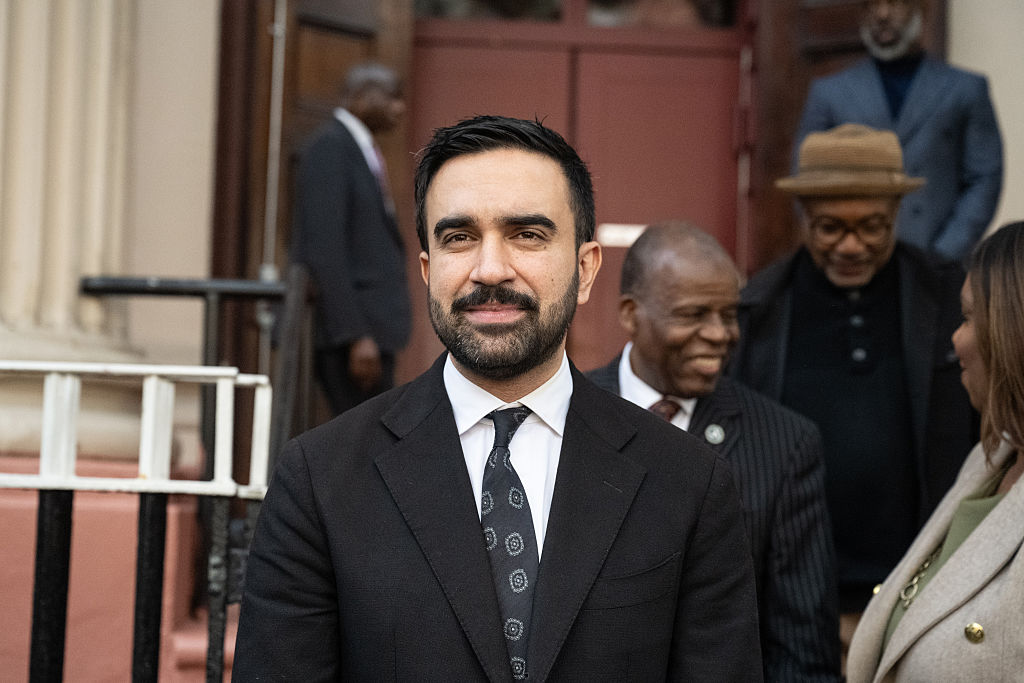High-level talks have started in London today between American and Chinese officials aimed at dialing down the trade tensions between the two largest economies in the world. If they result in a breakthrough, perhaps it will be known as the “London accord.” But can President Trump strike a “grand bargain” with China? There is every chance that he might – which would give a huge boost to the global economy.
The talks in London follow on from a friendly chat on the phone between President Trump and his counterpart in Beijing, President Xi. Both sides have already stepped back from an all-out trade blockade, with the United States reducing the tariffs it imposes on Chinese goods from an extraordinary 145 percent to a more manageable 30 percent, while on the Chinese side, tariffs have come down from 125 percent to just 10 percent. The most important single trading relationship in the global economy is starting to get back on track.
For the moment, President Trump has only suspended the tariffs until August
Even so, the trade war has hit both sides very hard. American companies had started to warn that profits would collapse as components ran out, or as the stocks of Chinese-made goods dwindled. At the same time, China’s export machine stalled, with figures out this week showing that shipments across the Pacific fell by 34 percent year on year over May, following on from a 21 percent fall in April.
There is just one catch. For the moment, President Trump has only suspended the tariffs until August. The two sides will need to reach a broader agreement before then.
What could a deal between the two sides look like? China would almost certainly have to make some big concessions. It would have to allow the American tech giants such as Meta and Netflix full access to the domestic Chinese market. You can’t expect to trade peacefully with another country if you effectively block its most successful businesses from yours. It would have to do more to boost domestic consumption so that it could import more from the United States and start reducing its trade surplus. And perhaps most importantly, it would need to start integrating the renminbi into the American-led global financial system, accepting that the dollar would remain the world’s dominant currency for another generation or even longer. Those would all be genuine wins for President Trump.
In return, US tariffs could be permanently lowered, allowing China to maintain the export-led growth model that has transformed its economy over the last thirty years. And it would be allowed to keep expanding into industries such as aerospace, automobiles, computer chips and pharmaceuticals, where it is moving into the technology-based markets that were traditionally dominated by the West.
A deal such as that would be win-win for both sides. It won’t necessarily happen. But it would give the global economy a huge boost if it did – and stock markets are already rallying in anticipation of an agreement.

























